Effects of Government Regulations on OTT players like Netflix, Amazon Prime Video, Disney+
Governments world over have found it challenging to meet the human rights obligations with OTTs and respect the users’ rights to freedom of expression and privacy.
With the ongoing COVID-19 pandemic holding nations in a tight grip, over-the-top (OTT) video streaming platforms such as Netflix, Amazon Prime Video, Apple TV+ and Disney+ Hotstar have become a household name. But it’s interesting to note that, messaging apps like WhatsApp also fall in the category of OTT because all information exchange through the internet goes ‘over the top’ of telecommunications infrastructure. So, a self-hosted video blog or communications app for gamers are also OTT service. Basically, the term OTT is everything we use to communicate and express ourselves online.
In tough times, like the current, these platforms are providing unprecedented benefits to consumers and pushing economic growth forward. Moreover, it has brought about much-needed competition, and viewers now have a wide range of choice. Experts say innovation in OTTs has led to a rich and diverse internet. It has stimulated consumer demand for broadband internet access and most particularly high-speed internet such as best of 4G. This, in turn, is driving network providers (operators) to upgrade and expand their networks.
Arguments Government Has Put Forth For Regulations
Over the years, governments have focused their attention on the internet and have implemented laws, policies and regulations to ensure the rights and safety of the users. It is essential for all services, in this case, communication services, to follow the basic data protection principles. But governments have found it challenging to meet the human rights obligations with OTTs and respect the users’ rights to freedom of expression and privacy.
UK Srivastava, Principal Advisor (Network, Spectrum & Licensing) TRAI India, said the rapid growth of OTT services had raised several national policy issues relating to regulatory imbalances and security concerns. He said regulatory imbalances need examination at various levels by different agencies of the Government. Srivastava also pointed out that public safety and privacy issued require attention.
“The biggest security threat is from the select off-shore OTT communication service players who are highly capitalised, global monopolies which control multiple million customers across the world. It highlighted cultural sensitivity and diversity as most of the OTT players operate from outside the country,” the Principal Advisor said. “TRAI brought free apps to the fore because it shares personal information with various third-party developers.”
TRAI says telcos want regularity parity with such apps. It said they are free network riders that eroded their revenue by offering similar devices for free without having to pay levies such as licence fees. But app companies have opposed moves of regulation and have put forth their argument that they are already governed under the IT Act. The Government said it does not have the powers to regulate internet content, but it can introduce an institutional self-regulatory model similar to traditional media.
Karan Bedi, CEO of MX Player in a report by Economic Times, said individual OTT media platforms are in the best position to determine the nature of the content and the kind of restrictions that it requires. He proposed that each platform can put a process and system in place based on their respective viewer demographics, market share, business strategies and revenue models. “We believe self-regulation is the best way forward,” Bedi said. Those opposing the concept of industry-wide adjudicatory body believe they must have the autonomy to decide on the content and resolve consumer complaints on their own.
The Ministry of Information and Broadcasting in its affidavit said it might be relevant to have an institutional mechanism of self-regulation by media platforms as in respect of other media – print and electronic – along with the relevant provisions of the Informational Technology (IT) Act and the rules framed thereunder. It also said the Government has predominantly believed in the spirit of self-regulation, except in matters of security and sovereignty of the country.
Users Will Be On The Losing Side
Javier Pallero, an expert and human rights activist, described the internet as a force for social and political change. “It enables millions of people around the world to express themselves and to access information. It can also improve our economic well being by enabling the trade of goods and services and the creation of innovative new businesses. All of these activities are expressions of our digital rights.”
Pallero said while governments hold the best interests, the users will be on the losing side of regulations. Pallero gave an example of Morocco, where the local telecommunications authority banned Voice over Internet Protocol (VoIP) services like WhatsApp and Skype because the providers did not have a telecommunications licence, leaving millions of people without access to these communications tools. He said a similar move in India could hobble application development and kill nascent industries.
“In Argentina, a government-issued set of principles for telecommunications regulation could lead to a new obligation to register any internet intermediary. This threatens the survival of citizen media and discussion platforms,” Pallero said.
100 Days to Finalise Code of Conduct
Pavan Duggal, a cyber law expert, explains OTTs fall in the category of intermediaries under 2(1)(w) of the IT Act, 2000, that is if it deals with third-party data. “But OTTs also have their own content. “So the same legal entity shares the features of an intermediary and not being an intermediary at the same time,” he said. “So there is a need for dedicated rules for the OTT sector. You do not have similar kinds of analogies for OTTs elsewhere. There should be a separate set of rules for self-generated or self-owned content, and then there should be a separate regime for third party data.”
Meanwhile, the Information and Broadcasting (I&B) Minister Prakash Javadekar said the Government had earlier given 100 days to OTT video stream platforms to finalise the code of conduct. Javadekar gave examples of countries like France, China and Singapore where government norms regulate video streaming platforms. He justified the Government’s stance, saying that most of the Indian households are watching shows and movies on these platforms together.
While laws and regulations are important, the internet is a totally diverse platform whereby the same rule cannot apply to all. Qualitative research and more substantial debate are needed. And at the end of the day, OTT video streaming platforms aren’t just an APP. They are also platforms generating employment, ushering creativity and the testament of their success is the high growth in subscriptions. Therefore any decision has to be taken keeping all factors and especially users and their freedom to choose in mind.


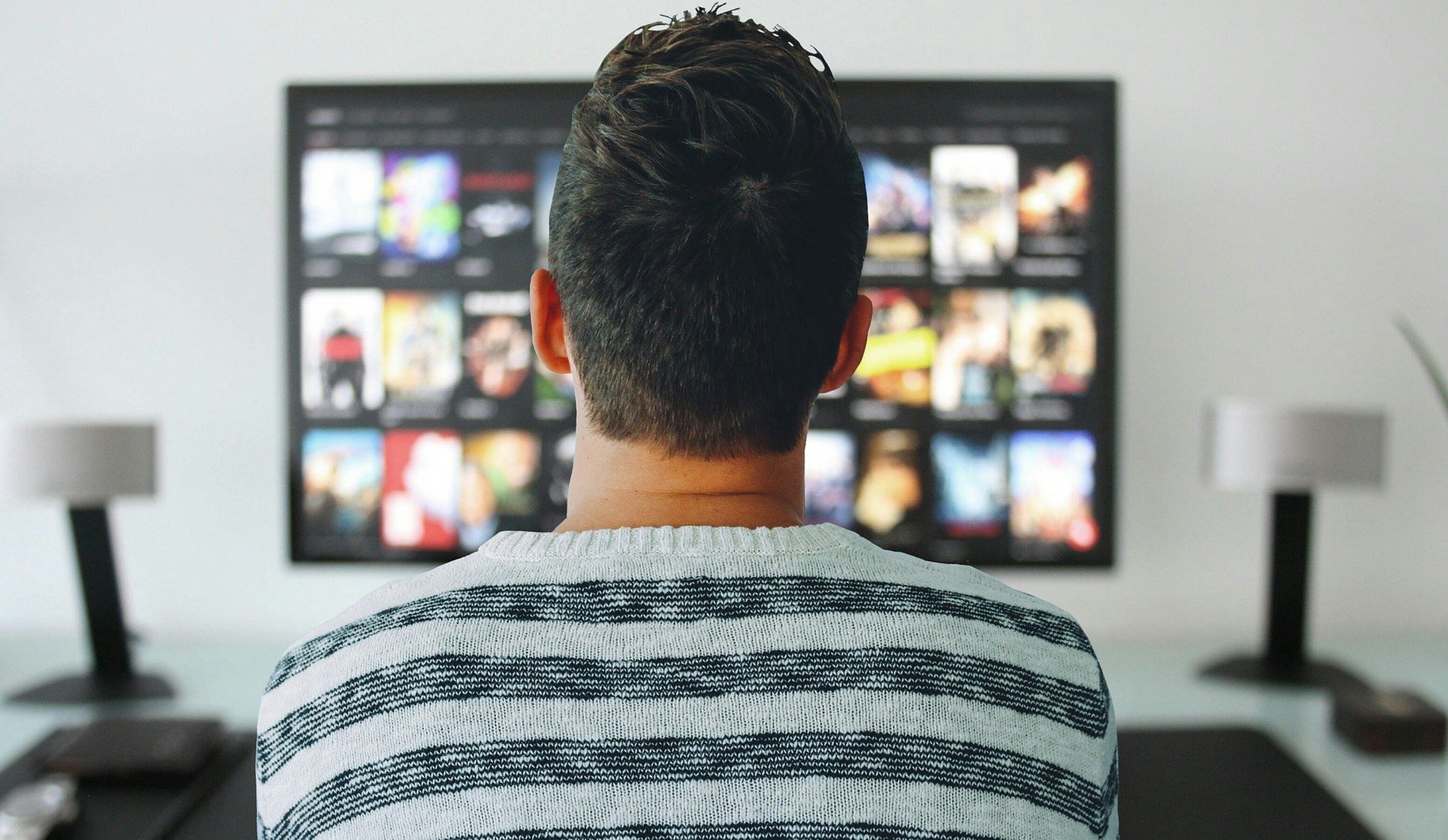
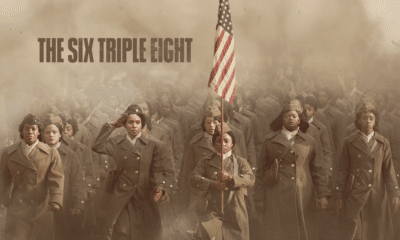













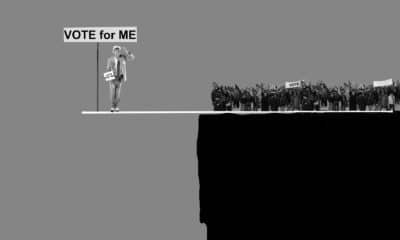
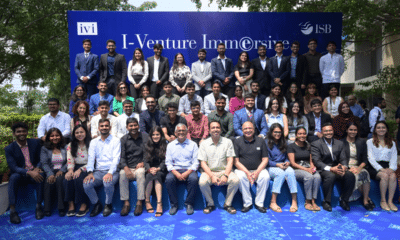
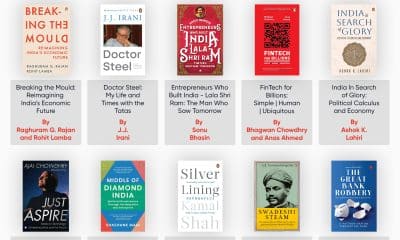


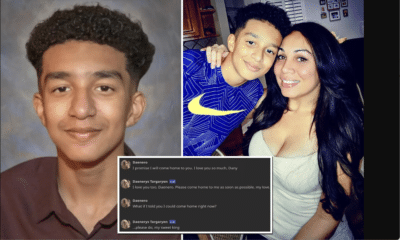
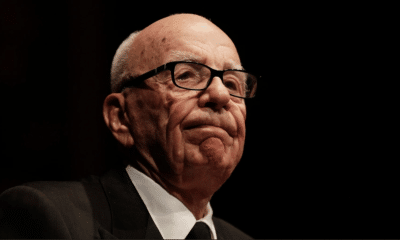















Pingback: Dad caricature in the mainstream media: a reel to real reflection from Amazon Prime Breathe: Into the shadows to Hollywood flick Skyscraper